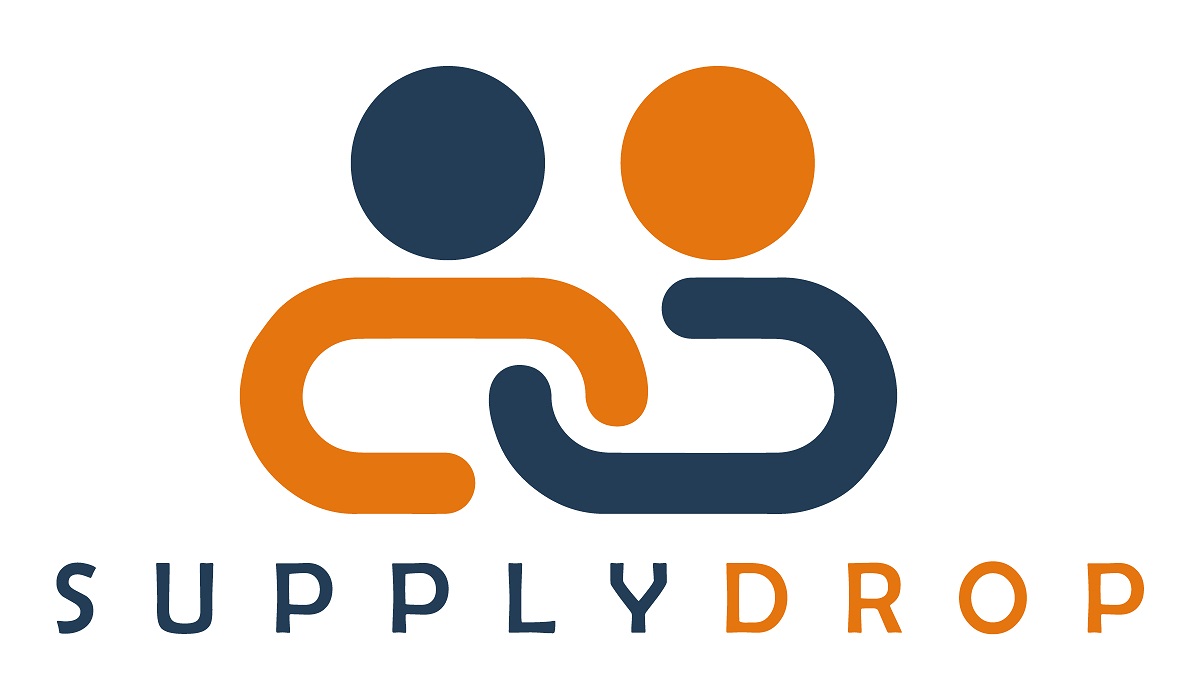SupplyDrop is unveiling a service today that connects game studios that have too many developers with those who have too few during the ups and downs of the games development cycle.
Vienna, Austria-based SupplyDrop said it has created an intuitive matchmaking platform built specifically for video game development. SupplyDrop will be free of fees for the first several months, to gather feedback and to streamline the platform. Following the introductory period, SupplyDrop will implement updates along with a to-be-announced fee structure.

Unlock premium content and VIP community perks with GB M A X!
Join now to enjoy our free and premium membership perks.
![]()

![]()